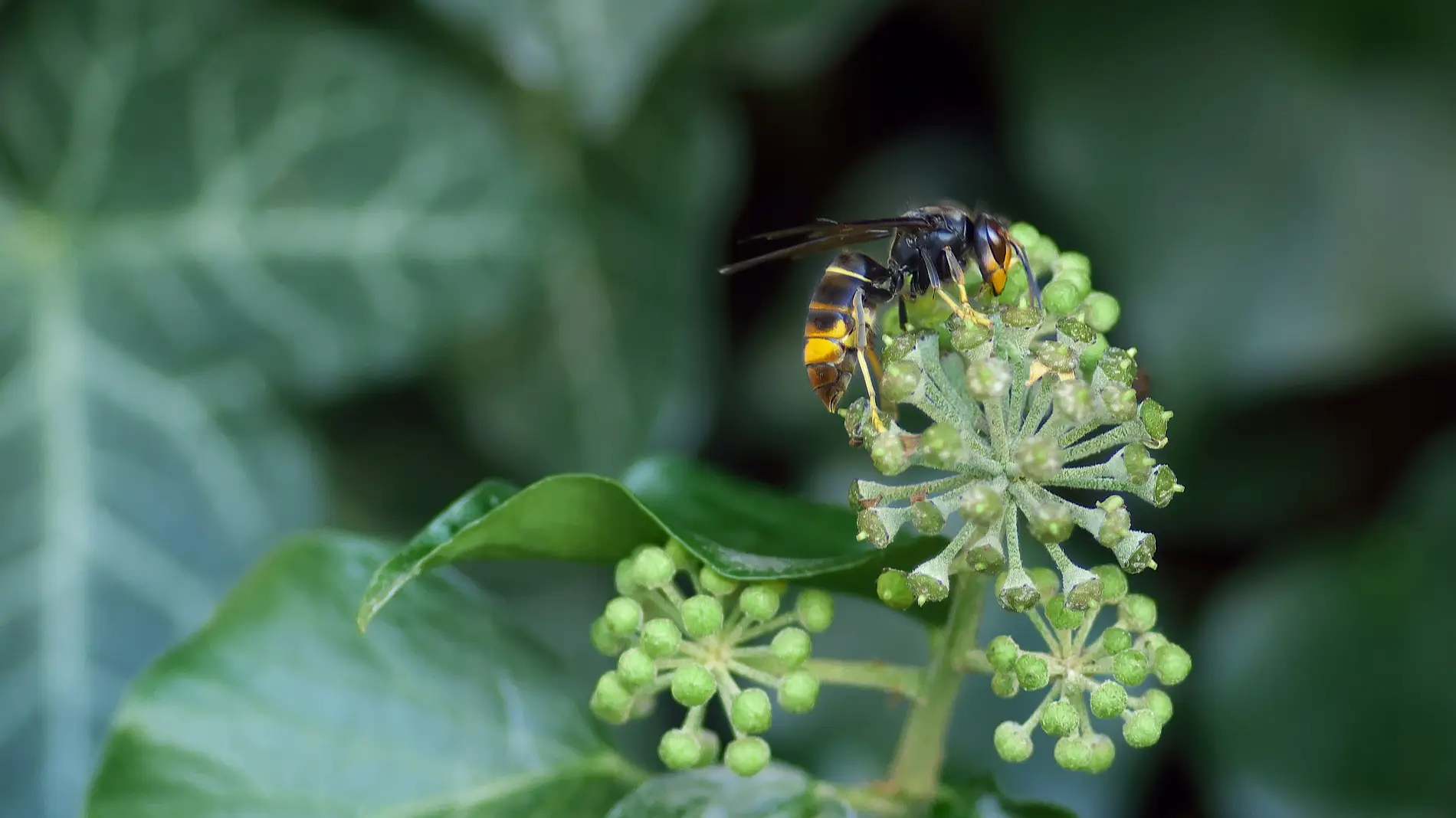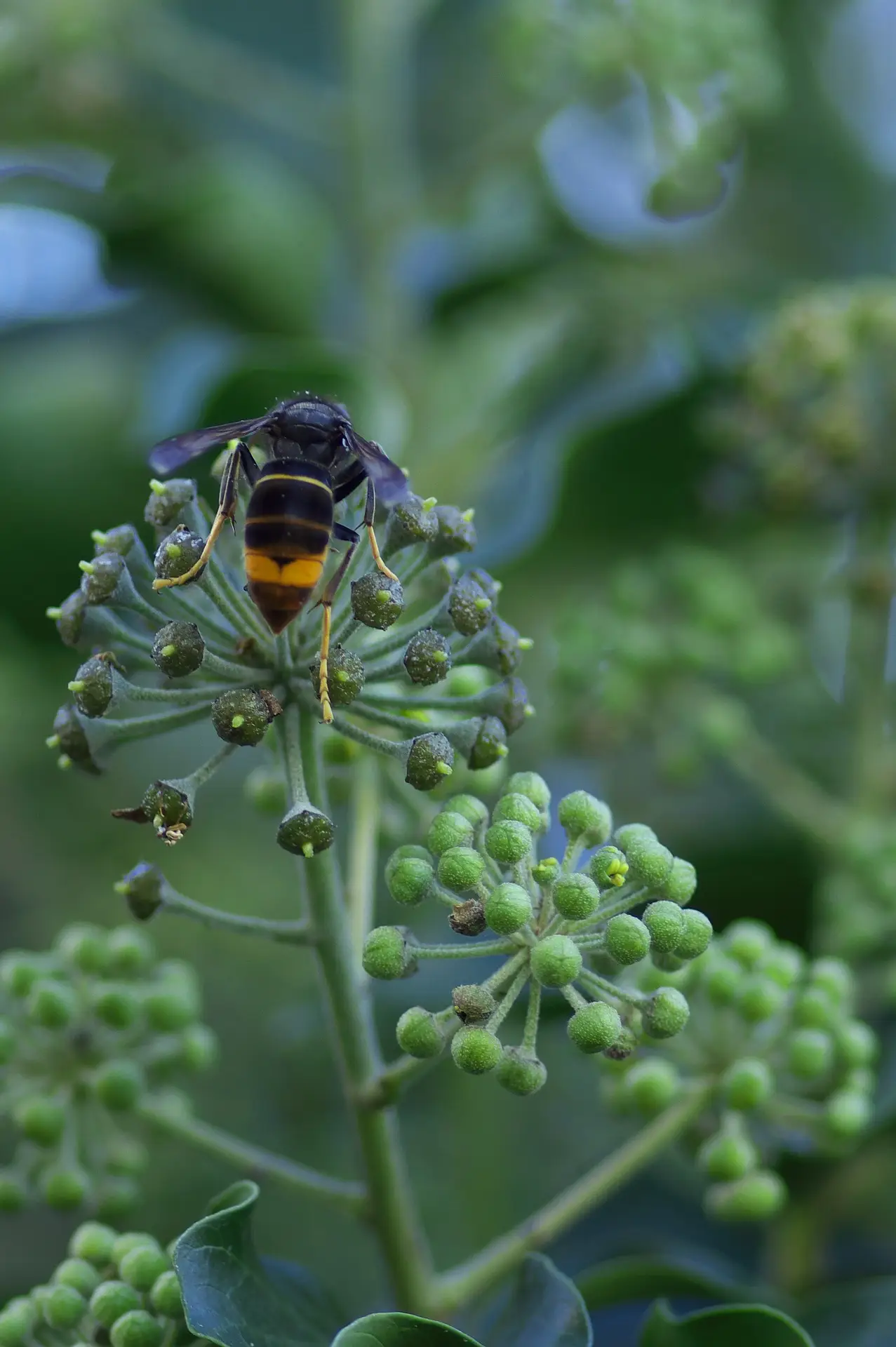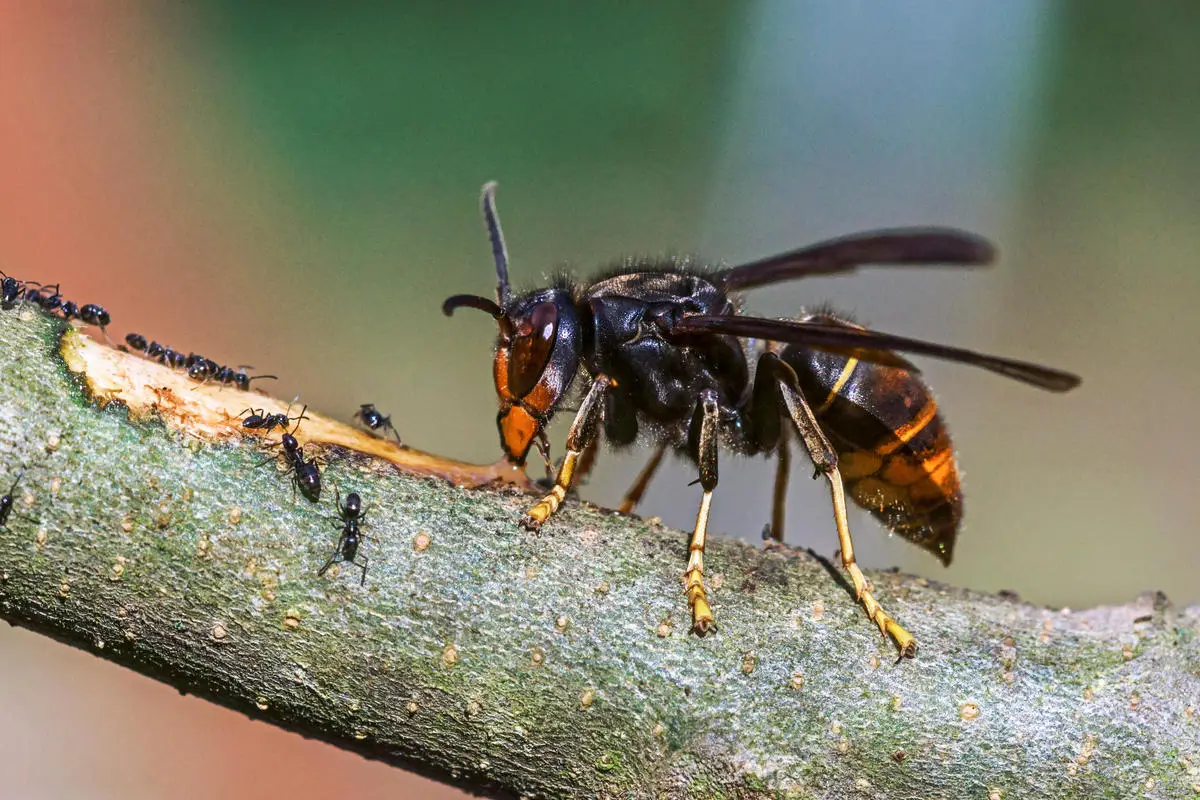
As many of us gear up for some summer sun, it looks like there will be more to worry about than just sunburn as Asian hornets have been spotted in the UK - sparking concern among experts.
The troublesome critters have been spotted twice in the country so far, first in Northumberland and then in Kent.
Though some of us might just brush off the sightings, people are being asked to report any sightings of this invasive species.
According to the Natural History Museum, it is believed the hornets first ‘invaded’ France in 2004 after being brought by a cargo ship, with numerous sightings being reported throughout Western Europe.
Advert

But while their sting packs a bit of a punch, Asian hornets are not usually considered to be a danger to humans.
Professor Helen Roy, an ecologist at the UK Centre for Ecology & Hydrology, told the Mirror: "The Asian Hornet is not generally aggressive, although the stings can be painful and a very small number of people might be allergic to the sting.”
However, this isn’t why experts are concerned about the sighting of Asian hornets on UK shores.
The insects are known to decimate local bee populations, which are vital for food production.
Asian hornets are known to target hives – often waiting for the bees to leave to attack them.
And death doesn’t come quickly to the humble work bees either, as Dr Gavin Broad, a wasp expert at the Natural History museum, says: "They chop them up and feed the thorax to their young."
While it may seem like something from a horror film rather than a David Attenborough documentary, it’s often rare that Asian hornets are found the UK.
However, that could soon change as temperatures continue to rise across the world at an alarming rate.
And even more worryingly so, at least 140 nests were found in Jersey as of September 2022, beating the previous discovery of 83 nests in 2019.

Speaking about the recent sighting, expert beekeeper Sue Kittle said that people need to be cautious about the flying insects.
In an interview with KentOnline, she said that Asian hornets are ‘very defensive of their hives’ and that people should not approach nests.
Her warning continued, with Kittle saying: "This is an invasive species that can attack and eat our honeybees. It can change the whole nature of the beehives here.”
Now, experts have the unenviable task of tracking down how the pests arrived and have asked the public to support their vital work.
Kittle concluded: “We need to track them down and find out if this sighting is the beginning of a nest."
Topics: UK News, Health, Animals, Environment